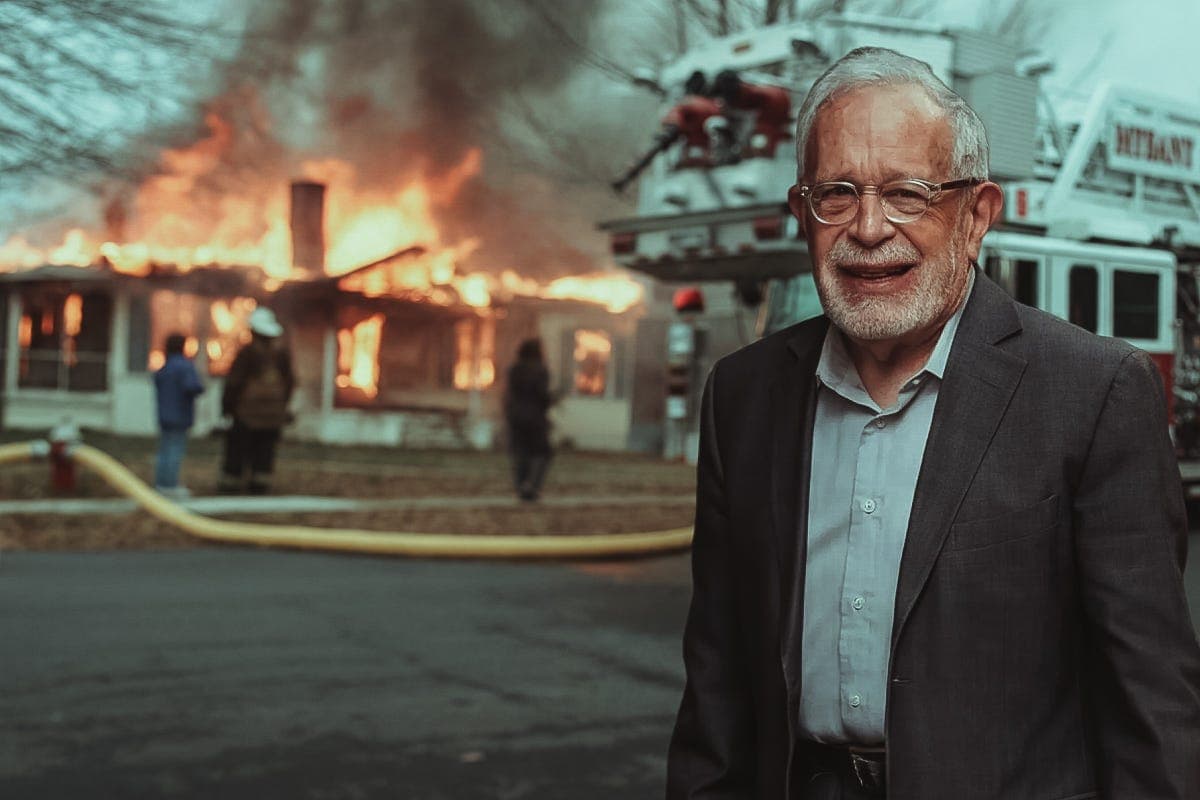
California's Tech Industry Kill SwitchJan 13
it’s not a tax on “wealth,” the union’s ballot prop is designed to target the very concept of founder-controlled companies, and it will force the technology industry out of the state
Sep 5, 2022

Canary in the coal mine. The first hints of our new order appeared a few weeks ago, when Andrew Tate, a controversial social media influencer / “get rich quick” self-help guru / pick-up coach, I guess, is what you might call him, was banned from every major social media platform in the country, and for no particular content violation. The problem, it seemed, was not some specific thing he said on any of his channels, but rather his overall shitty vibe. This — the “hey we just don’t like you” ban — was a kind of thing we’d seen before. But there was one new development. On TikTok, the seat of Tate’s power, it was further determined not only could the man no longer post, but his fans could no longer share his video clips, regardless of whether or not they violated any policy. The directive was clear, it was to be a total purge of the Bad Man, and all semblance of Tate would be vanished forever. At least, this was TikTok’s stated goal, with assurances they were working hard to perfect the technology required. Great. Follow-up question: what is their policy on politicians?
It’s easy to forget how controversial bans on social media were before our present age of Stasi shit, in which five or six wealthy tech executives casually enforce the bounds of acceptable politics for the entire western world. But in 2016, when Jack Dorsey clipped pop star Azealia Banks’ wings for hurling a racial slur at Zayn Malik, the question of whether it was justifiable to remove a public figure from our defacto town square — no matter how vile her speech — animated a fierce, national discourse. This was a slippery slope. What if the technology industry’s incredible powers were used for political purposes? Detractors were told such concerns were crazy, and four years later a sitting president was permanently muzzled.
That the leader of the free world could no longer speak on our major communication platforms was of course insane, but his supporters could at least still speak about him. Given policy evolution across the industry, there is no reason to believe this will continue to be the case. In the story of Tate, a clownish kind of “tough guy” internet loser who has sex, we get it, my God, shut up, we’re looking at the blueprints for a very real, very dangerous, and very total form of political censorship.